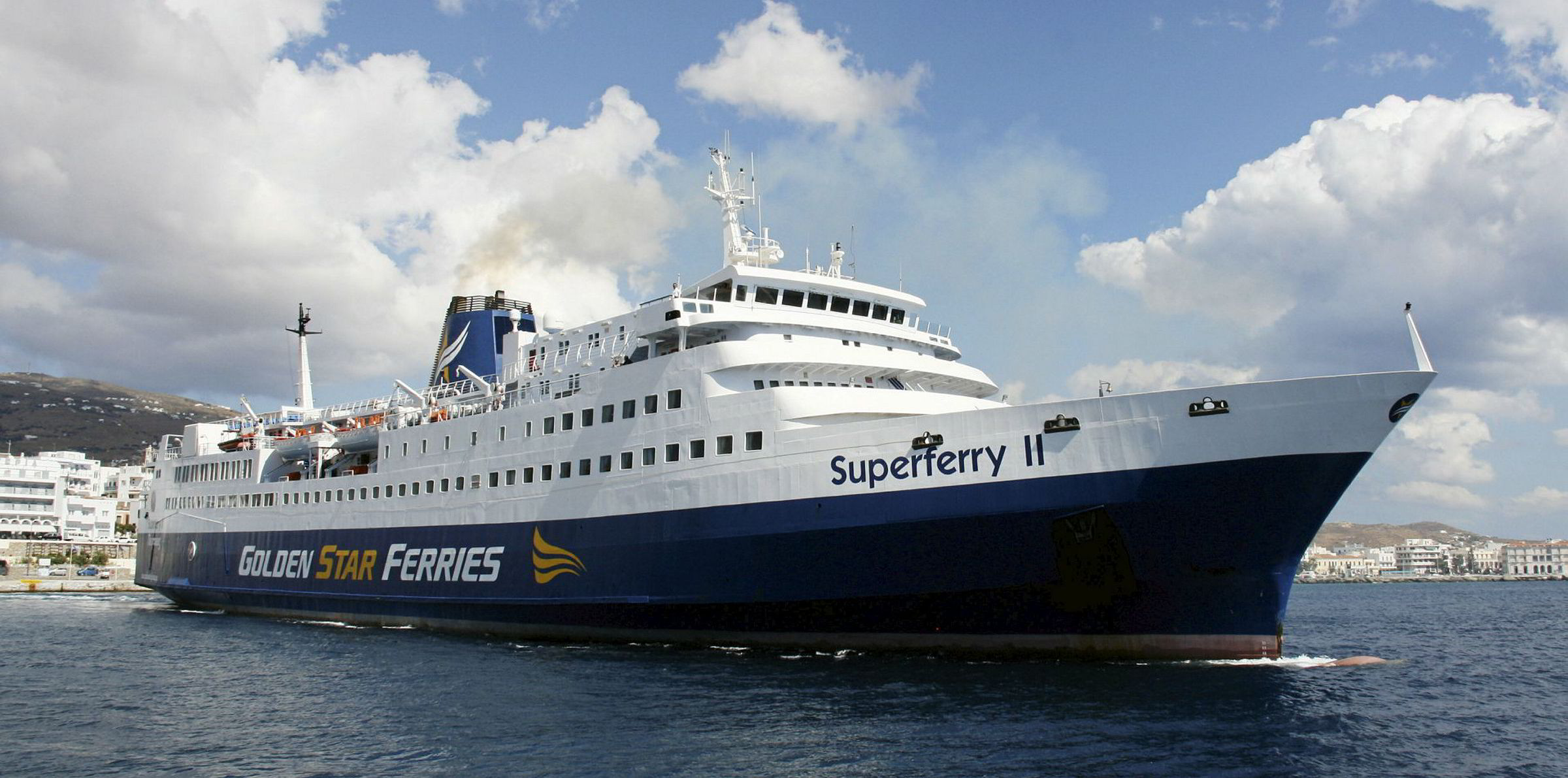Greece’s minister for merchant marine, Yiannis Plakiotakis, went into quarantine at home after testing positive for Covid-19 late on Monday.
This is second time this year that Plakiotakis has self-isolated for Covid-19. In September, he went into quarantine after meeting a foreign investor who later turned out to have contracted the disease.
“Mr Plakiotakis’s health is good and he remains at home, observing the instructions of Greek health Νational Public Health Organisation,” the shipping ministry said in a statement early on Tuesday.
The incident is characteristic for an upsurge in Covid-19 cases in Greece amid a flare-up of the disease across much of the world.
Greece managed the disease particularly well when its first wave spread across the globe earlier this year. Since late summer, however, the coronavirus came back with a vengeance as the country opened up for tourism and health safety discipline relaxed considerably among the general population.
Confirmed cases and deaths have jumped since August and more than a hundred people have been dying daily in the country this week.
Cases have started overwhelming the public health system in the country’s north. In Thessaloniki, the region's biggest city, the government has seized more than 200 beds in private hospitals to treat Covid-19 patients.
The second wave has forced Prime Minister Kyriakos Mitsotakis to announce a lockdown earlier this month, despite expectations that the country's economy will shrink by 10.5% in 2020, more than in any single year of the country's debt crisis between 2010 and 2018.
The lockdown is expected to last well into December.
'Saw it coming'
Greek shipping companies seem to be managing the new onslaught of the disease quite well, helped by the experience they assembled during the first wave of the pandemic.
“We anticipated the second wave and planned all crew changes before it arrived, with no stoppages disrupting our operations, no cases of contamination for the sign-on crew of our vessels and in full support of our charterers’ trade requirements,” Tsakos Energy Navigation chief operating officer George Sarolgou told analysts on Monday.
As pharmaceutical companies start developing vaccines for the disease, many Greek shipowners are already planning for the immunisation drive ahead. The Union of Greek Shipowners (UGS) said on Friday that seafarers should be among the first to be vaccinated.
"Ιt is ... of utmost importance that competent authorities give priority to seafarers in Covid-19 vaccination, together with other key workers, such as medical personnel," UGS president Theodore Veniamis said.

The biggest domestic shipping victims of the crisis are likely to be ferry companies, which saw their incomes drop as tourism suffered in the summer months.
One day before he went down with the disease, Plakiotakis announced that Greece's debt-laden government has spent €55m ($65.3m) in support measures for the industry so far this year.
This may fall short.
Industry expert George Xiradakis, founder and managing director of business consultancy XRTC, estimated earlier this year that the industry needed direct support of between €22m and €30m per month during the crisis to survive.






